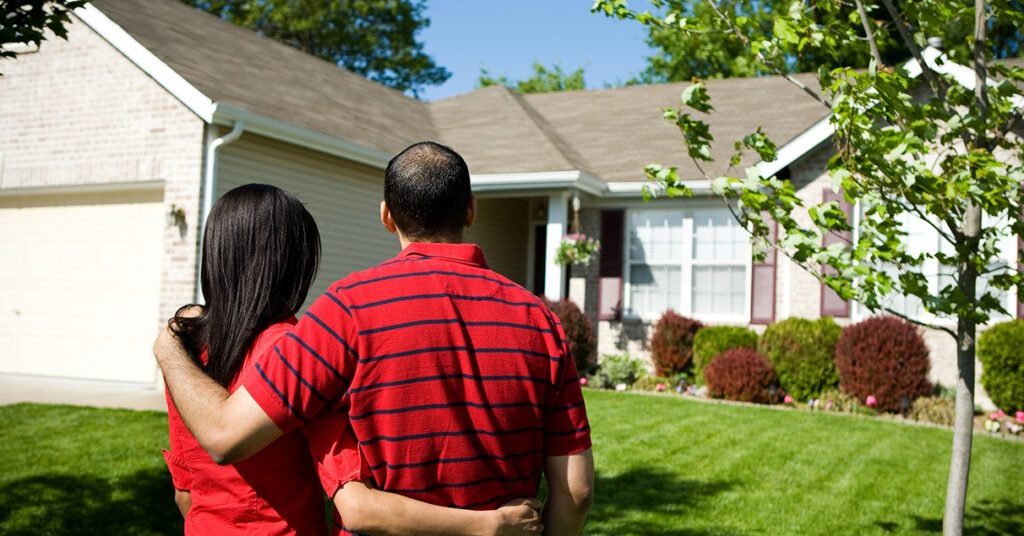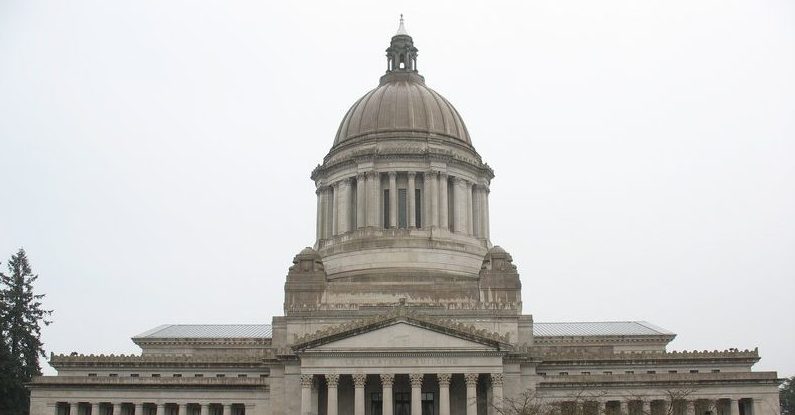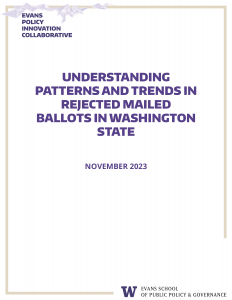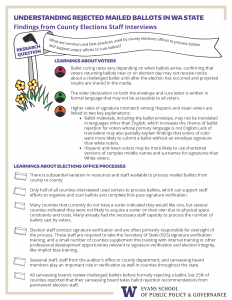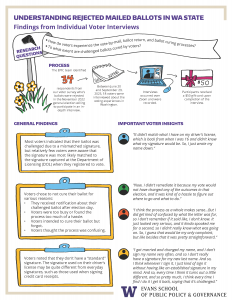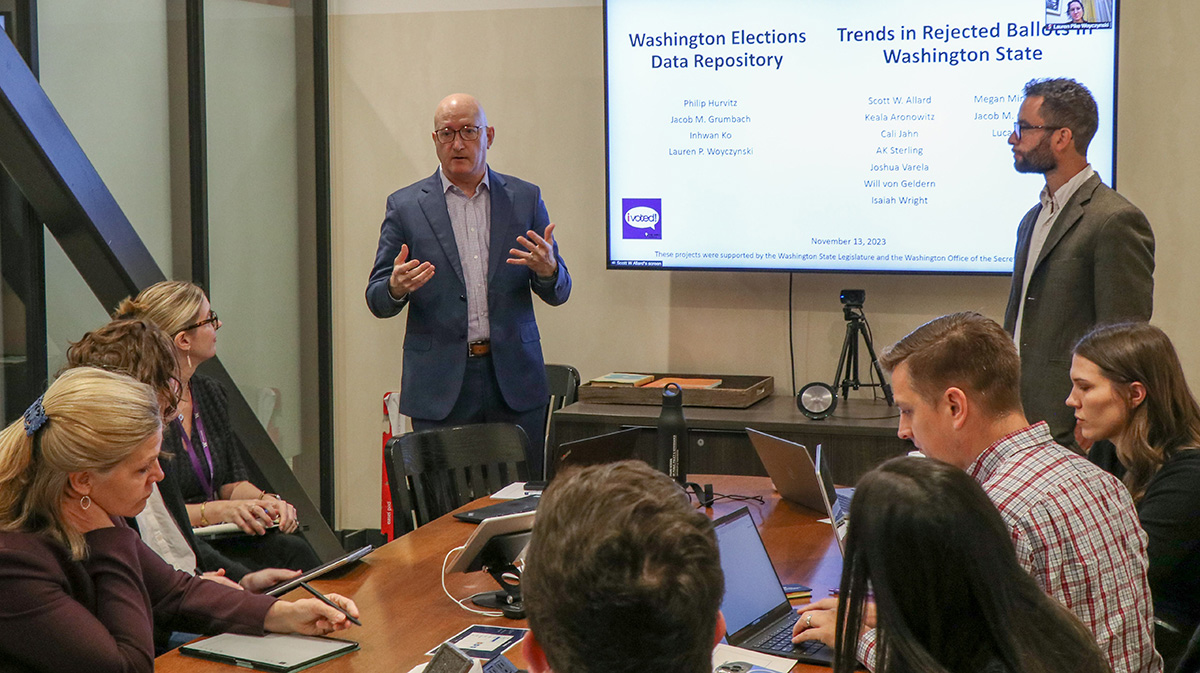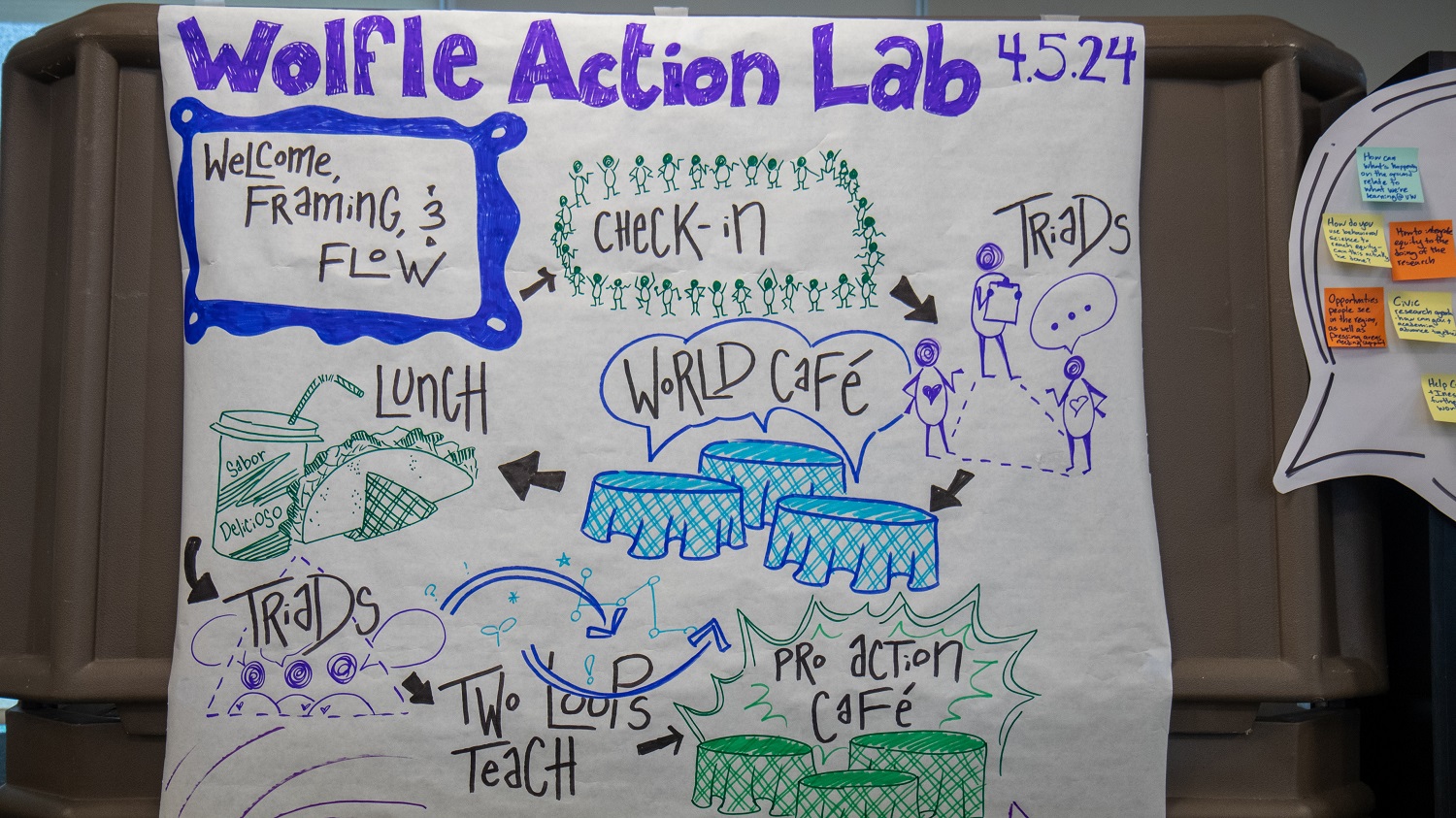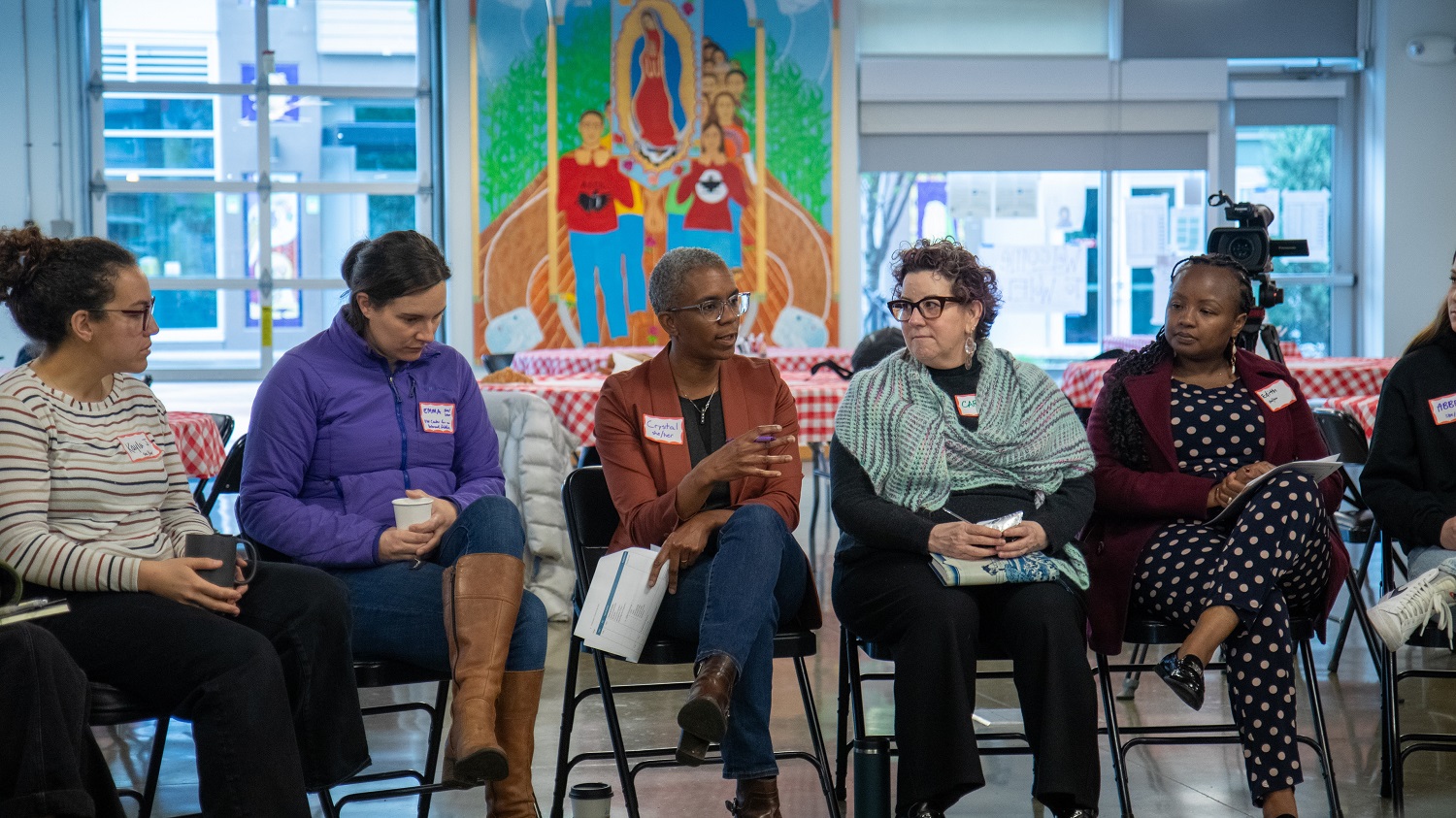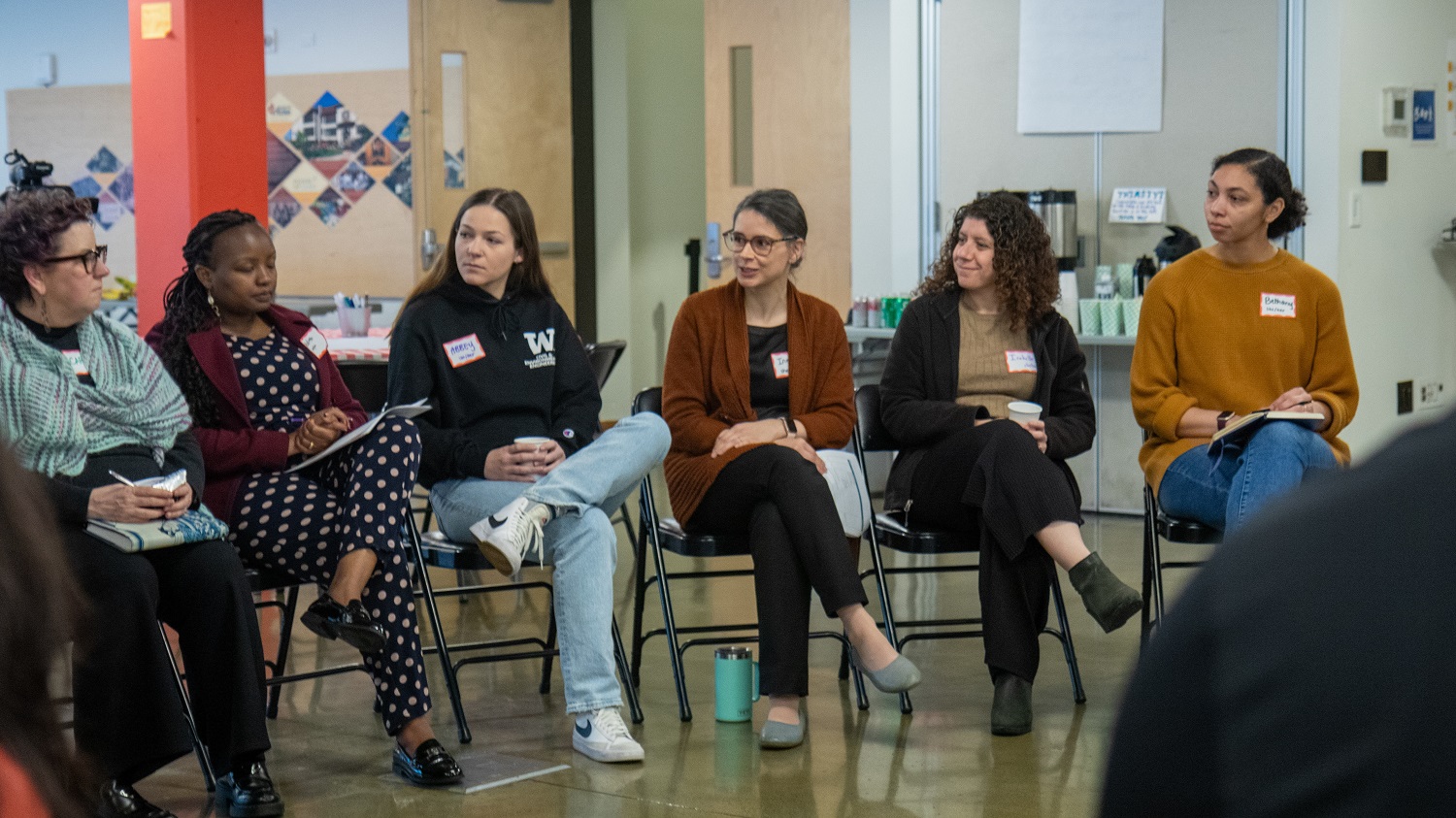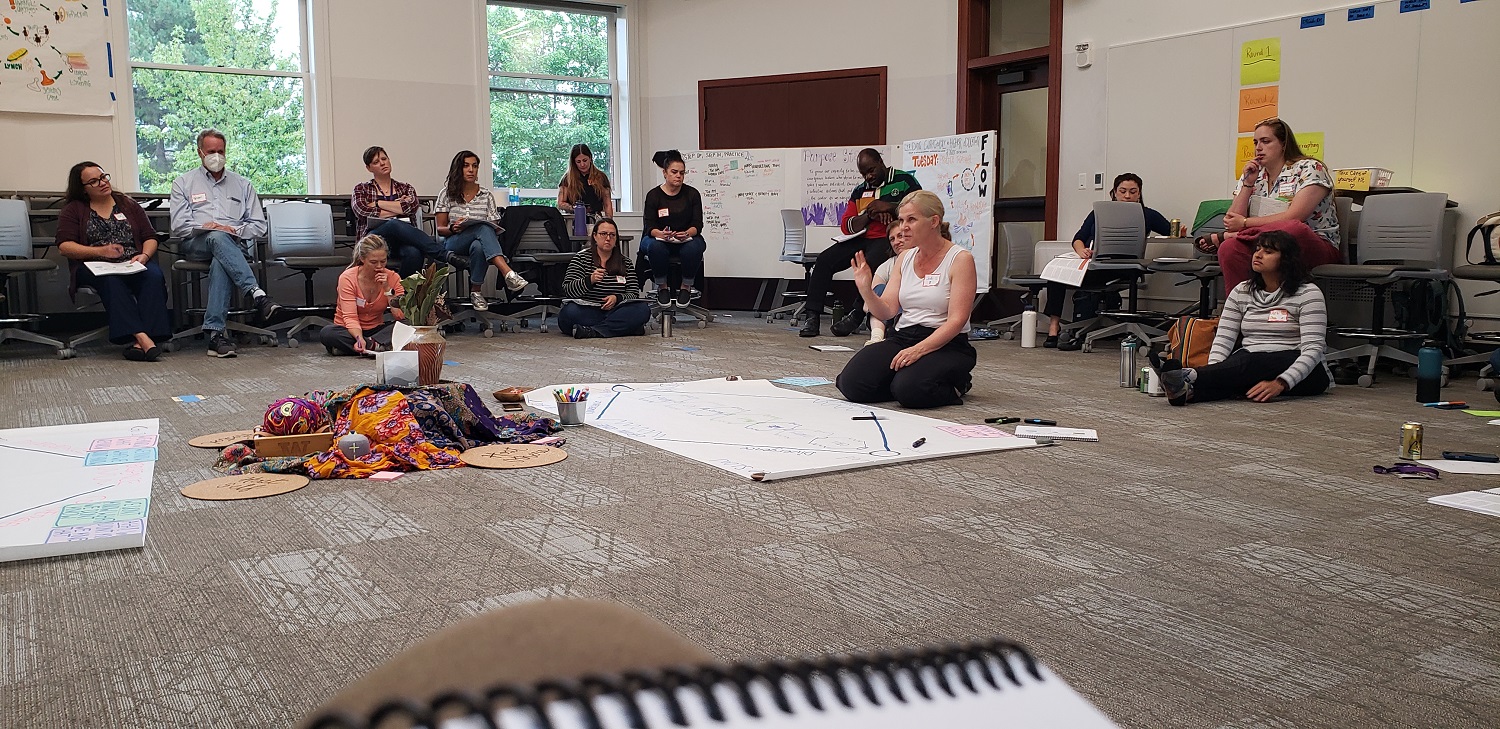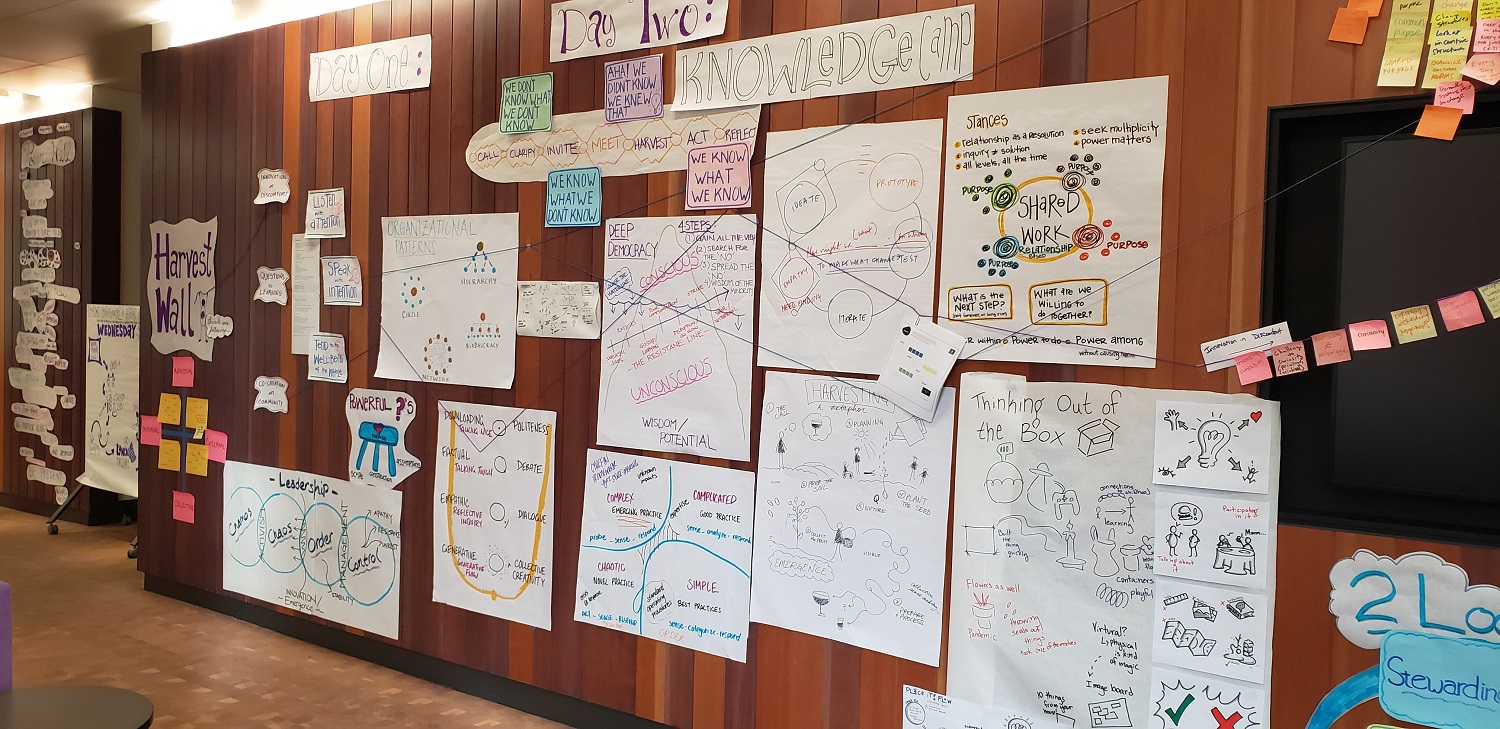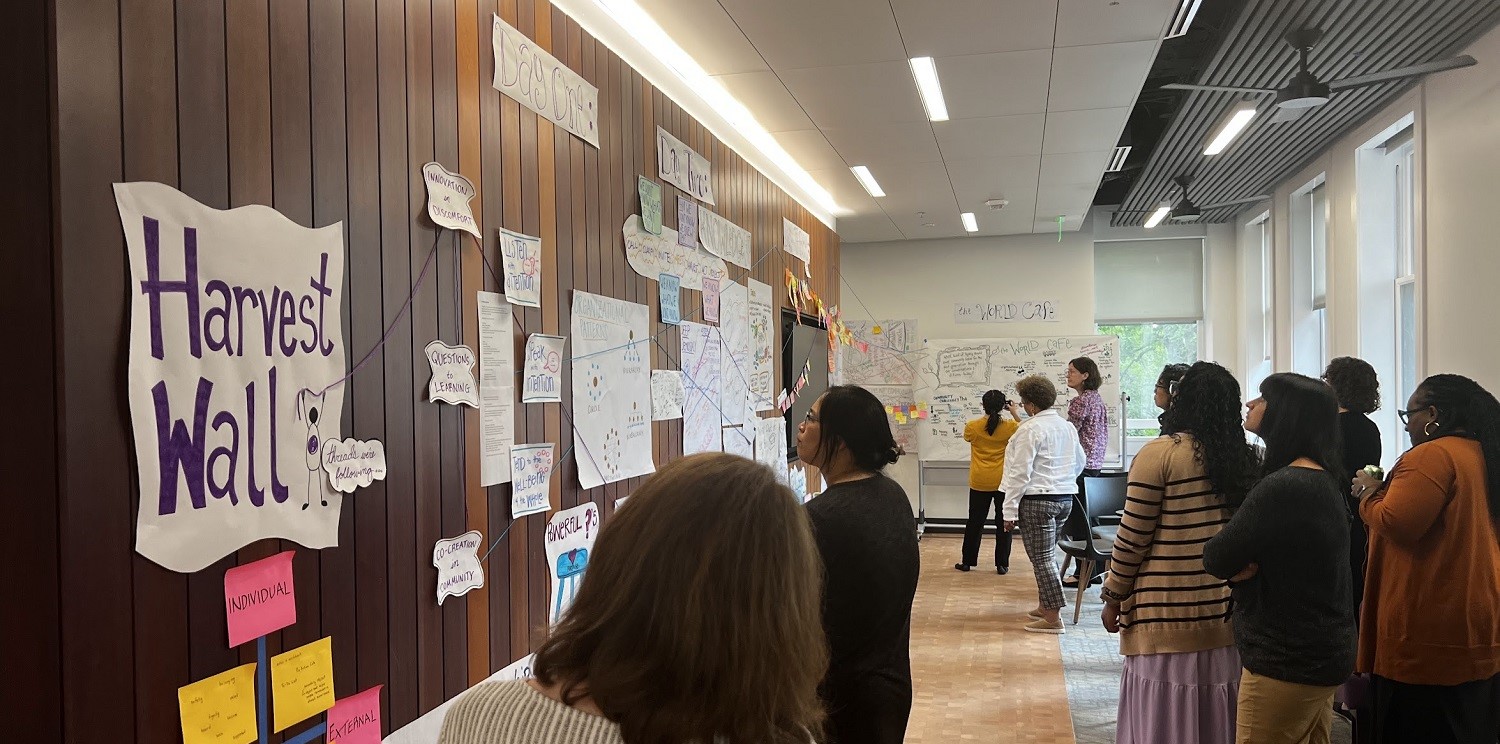Registered voters in Washington State will be receiving their vote-by-mail ballots in the next few days. Washingtonians have been voting by mail for over a decade and voter turnout in Washington routinely is among the highest in the country. Despite the success of vote-by-mail, a research study by the Evans School of Public Policy & Governance at the University of Washington has been examining why ballots are rejected to improve the voter experience and inform efforts by state and county leaders to continue to reduce the number of ballots rejected in any election.
For a ballot to be valid and counted, it must meet three conditions: Completed ballots must be placed in an official ballot drop box by 8 p.m. on election day or postmarked by election day. Ballot envelopes must be signed by the voter. And, that signature must match the voter’s signature on file with their county elections office. For most voters the signature to match is the one on your driver’s license or state ID, because people commonly register to vote when getting or updating their driver’s license and the Department of Licensing.
County elections offices process ballots and decide whether the signature from the ballot envelope matches what is on file. Ballots without a signature or without a matching signature are thus “challenged” and voters have the opportunity to “cure” or correct their ballot. Counties send out ballot cure letters within 24 hours of a ballot being challenged, which invites voters to submit by mail or in-person a signature verification that cures the ballot. If voters have a phone number on file, they also should receive a phone call from their county election office. Challenged ballots are rejected if they are not cured at the time election results are certified, which occurs about three weeks after election day.
Study director and Evans School Professor Scott Allard reports that roughly 98 to 99 percent of ballots cast in November elections since 2012 have arrived on time with an envelope signature that matches the voter’s signature on file. “Even with this level of success, far too many ballots are rejected each election,” according to Allard. Although each general election is a little different, the study finds that about one-half of rejected ballots in November elections without a presidential or midterm congressional election (a.k.a. off-off-year elections) are simply received late. “Off-off-year elections like those this November get less media attention and less public discussion, which makes it easier to forget to return your ballot on time,” Allard notes.
Project team member Calista Jahn observed several counties processing ballots in November 2022, “it is clear from watching county election offices work that they process ballots carefully and securely and receive training in signature matching that ensures integrity in the voting process. Our election workers are focused on ensuring elections have integrity and that all valid ballots are counted.” The study finds that about 1 in 8 rejected ballots lack a signature, with roughly one-third of rejected ballots challenged for signature mismatches in off-off-year elections.
UW researchers found, however, that about 60 percent of all challenged ballots in November elections are cured before counties certify their final election results. “While this shows that ballot curing processes work, we should still have it be a goal to reduce the number of ballots needing to be cured,” Allard said.
The Evans School study team final report will be delivered to the Secretary of State in early November, but other key findings stand out as voters prepare to fill out their ballots in the next few weeks.
With these results in mind, the study team offers three simple guidelines for voters this election season. “First, sign your envelope,” notes Professor Allard. “Second, when you sign your envelope – sign your name as you do on your driver’s license or state ID. Third, mail or deposit your ballot early – ideally the week before election day, which this year is on Tuesday, November 7, 2023. This will ensure your ballot arrives on time and that you have time to cure your ballot before election day, just in case you forget to sign the envelope or signed too quickly for there to be a good match.”
Voters can go to the Secretary of State elections website and follow their ballot through processing. Allard recommends that voters contact their county election offices with any questions they have about their ballot. He notes that voters also can go to their county election office websites to learn more about vote-by-mail and about ballot curing processes. “Sign your envelope, sign with your license signature, and return your ballot early,” encourages Allard.
